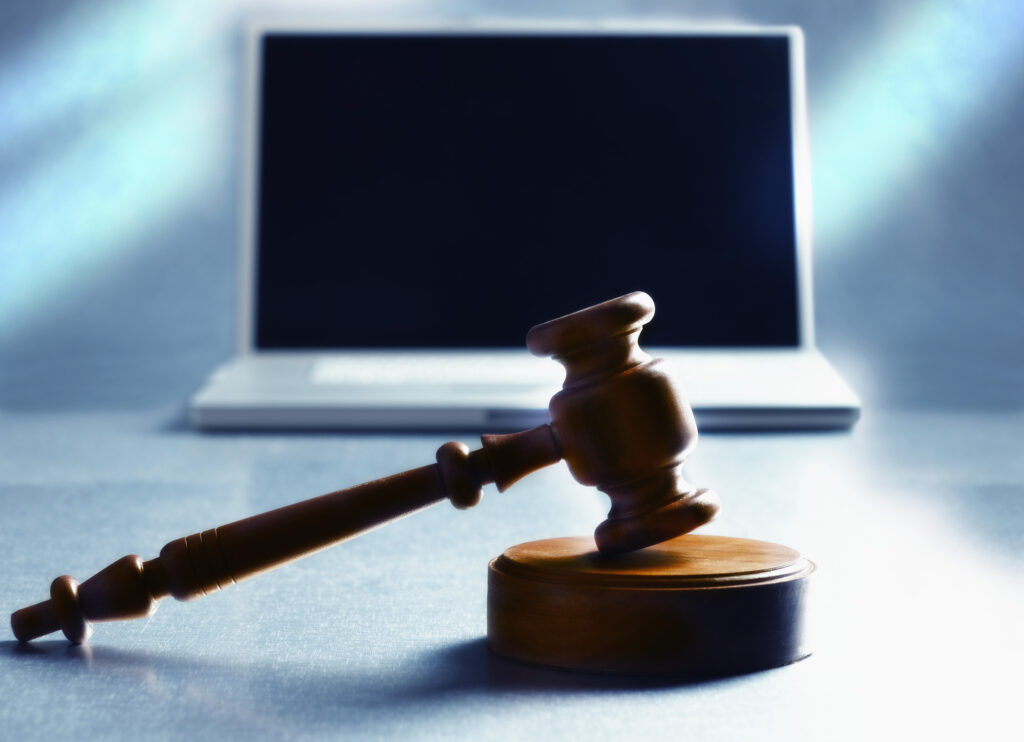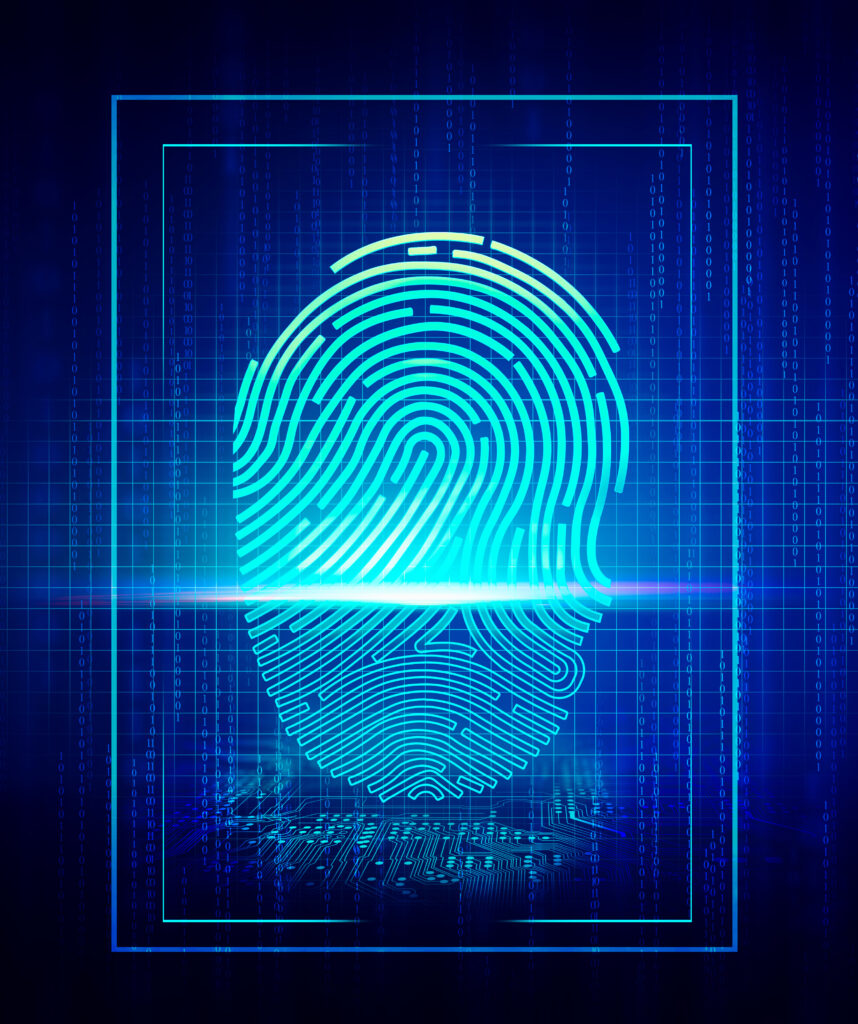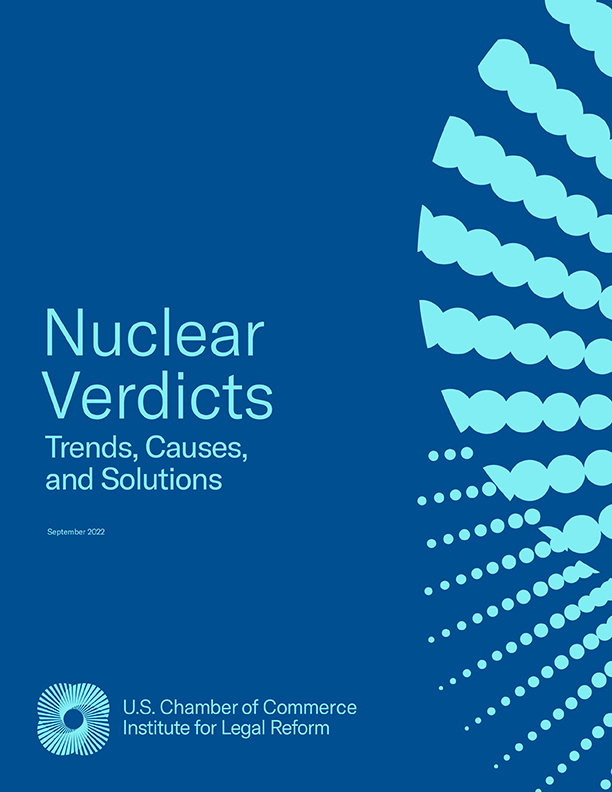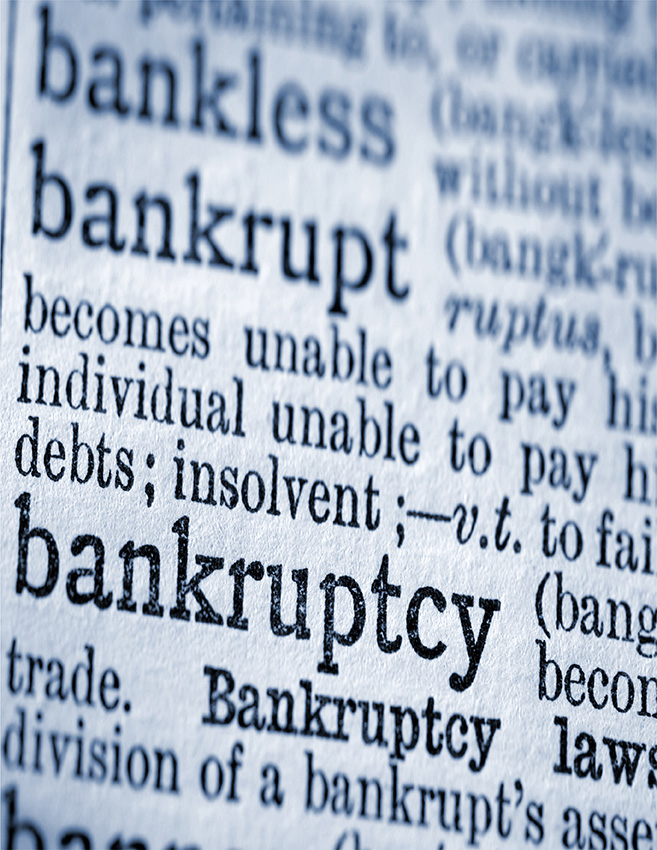It’s hard to believe potential “Y2K” glitches dominated the headlines over the havoc they would wreak on the world’s technology–and the lawsuits that would follow–only twenty years ago.
The date functions on the new computer programs of the 1990s typically only went to two digits–instead of 1998, the program would read only “98.” As we neared the turn of the century, the tech world and the public began to fear that computers would think the year 2000 was 1900, which would cause all sorts of technology systems to crash.
The lawsuits started to come even before the calendar turned to 2000. The Lloyd’s of London insurance firm predicted the total value of Y2K litigation could exceed $1 trillion. With the litigation storm brewing, the U.S. Chamber Institute for Legal Reform (ILR) tackled the issue head on and began advocating for the passage of the Y2K Act. Former Sen. Christopher Dodd (D- Conn.) said the bill would ensure “resources can be dedicated toward fixing Y2K problems and fostering innovation, not diverted towards fighting frivolous lawsuits.”
The campaign for a legislative fix began in 1998. The Chamber co-chaired the Year 2000 Coalition, which consisted of hundreds of businesses and organizations across a number of industries that came together to find solutions to the problem. ILR hosted a national legal conference on the issue in the fall of 1998. After a year and a half of public advocacy, President Bill Clinton signed the law in 1999.
This wouldn’t be the only time ILR developed a new initiative to engage on a developing issue. Almost 20 years after the Y2K Act, ILR continues to confront new issues by identifying trends and applying the latest strategies and tactics to advocate for key legal reforms.
Like the cutting-edge developments of the 1990s, today’s technologies propose new legal questions. How should drones be regulated? Who is responsible for a car that drives itself? As artificial intelligence plays a growing role in our everyday lives, how can we create a legal structure that protects consumers and encourages innovation at the same time?
To try to answer these questions, ILR co-hosted two “Emerging Technologies and Torts of the Future” events with the Chamber’s Technology and Engagement Center since March 2017. Both of these events have gathered the tops minds of the technology and legal worlds to discuss how old laws and precedents can effect new innovations, and how we can craft new policies to help technology thrive.
ILR also released “Torts of the Future II” this year, the second research paper on the emerging technologies topic. The two papers have covered topics like autonomous vehicles, space exploration, the Internet of Things, artificial intelligence, virtual reality, and more.
This year, ILR is celebrating 20 years of being the nation’s leading advocate for civil justice reform. Part of our continued success is our ability to quickly adapt in a fast-moving environment where new issues continuously arise. As new challenges develop, ILR works with the speed and agility required to respond in real time.
It’s impossible to say what new matters will arise over the next 20 years, but if the first 20 have shown anything, it’s that ILR will continue to get ahead of the next budding legal issue.



